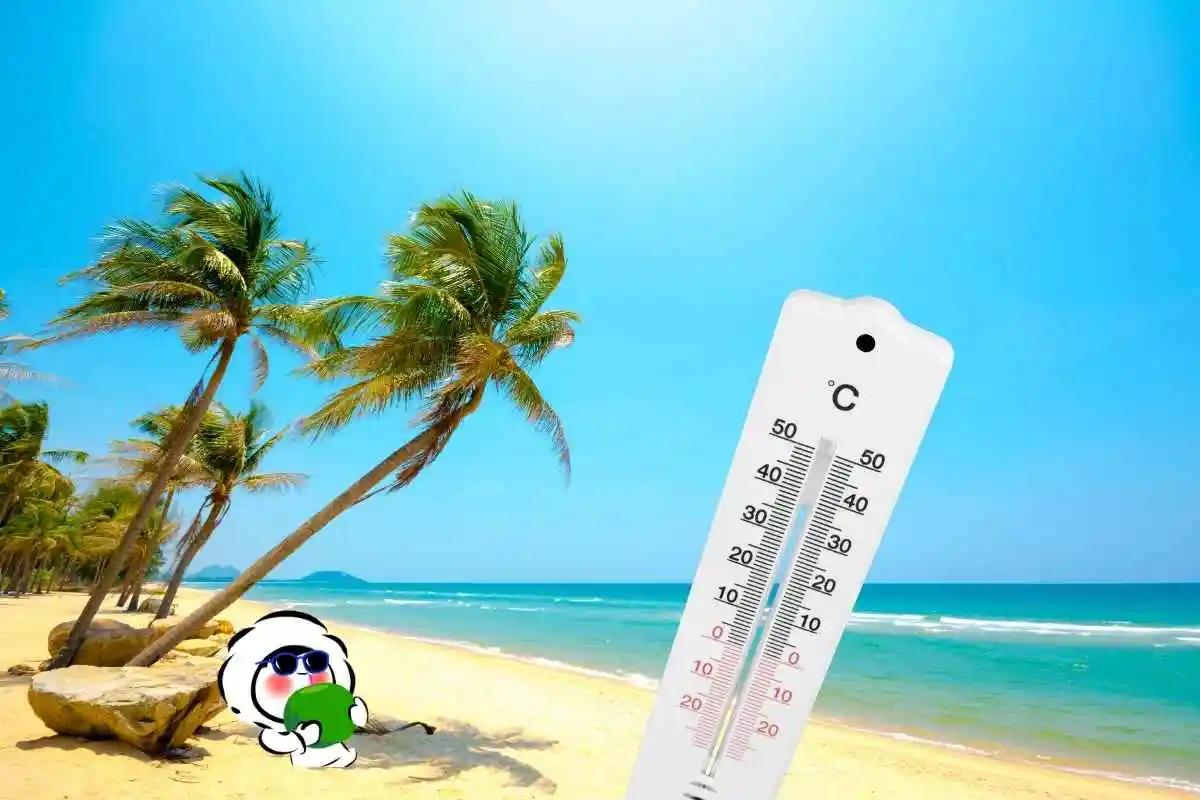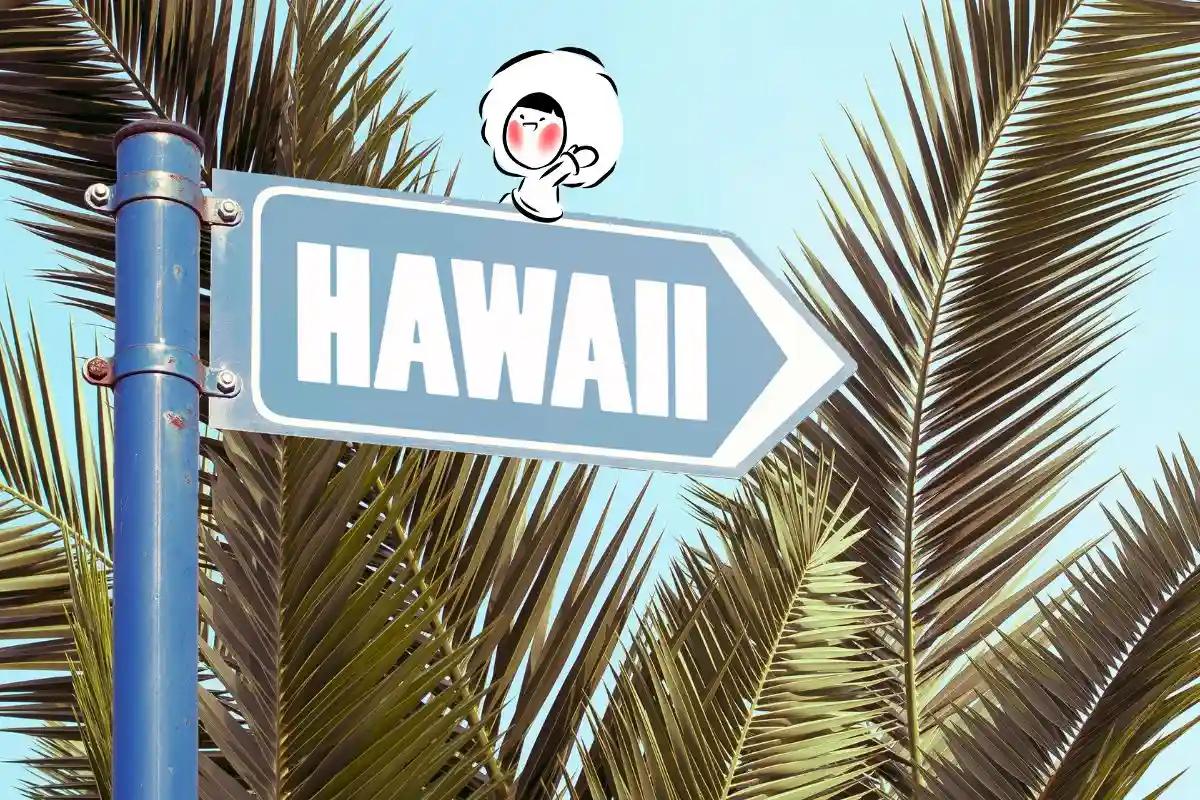
Avoid These Seasons When Traveling to Southeast Asia and Asia
Asia is one of the most diverse regions in the world, offering tropical beaches, ancient temples, snowy mountains, and modern megacities. However, many popular destinations experience extreme weather at certain times of the year. To make the most of your holiday, it’s important to know when not to visit. Here are some seasons you may want to avoid when planning your trip.
Bali, Indonesia - December to January
Although Bali is beautiful all year round, December to January marks its peak rainy season. Expect heavy rainfall, cloudy skies, and occasional flooding in low-lying areas. Beach visibility drops, waves become rough, and outdoor activities such as island-hopping and trekking may be cancelled frequently.
Vietnam - October to November
This is the most intense period of the northeast monsoon, especially in Central Vietnam. Typhoons, heavy rains, and flooding can affect cities like Hoi An, Da Nang, and Hue. Road closures and flight delays are common, and many beaches experience strong waves and murky water.
Thailand - September to October
These months bring the heaviest monsoon rains to the country. Popular tourist areas like Bangkok, Chiang Mai, and Phuket often face flooding, humid weather, and limited outdoor activities. Island boat trips are regularly cancelled due to high waves.
Singapore - May to September
Singapore is hot all year, but May to September is the peak of extra-hot weather and low wind, making it feel extremely humid. Outdoor exploration can be uncomfortable and exhausting, especially in the middle of the day.
Japan - June to August
Summer in Japan is known for intense heat, high humidity, and occasional heatwaves. Cities like Tokyo, Osaka, and Kyoto can feel overwhelming for long walks. Crowds also surge during school holidays and the Obon festival, pushing prices higher.
South Korea - July to August
South Korea’s summer brings high humidity, scorching temperatures, and a short rainy season. Outdoor attractions become less comfortable, and locals often stay indoors during the daytime to avoid heat stress.
Laos - July to September
This period is the peak monsoon season with heavy rains and muddy roads, especially in rural and mountainous areas. Waterfalls may look spectacular but trekking becomes risky due to slippery terrain.
Malaysia - November to January (East Coast)
If you’re visiting islands like Perhentian, Redang, or Tioman, avoid November to January, when strong monsoons force many resorts to temporarily close. Peninsular west coast areas like Penang and Langkawi are less affected.
India - June to September
Most of India experiences monsoon rains, with flooding in major cities and rural areas. While nature becomes lush, it’s not ideal for beach vacations in Goa or sightseeing in Rajasthan due to intense humidity.
China - July to August
Summer brings extreme heat waves in major cities like Beijing and Shanghai, while southern regions face typhoons and heavy rains. Crowds spike due to local summer holidays.
Philippines - July to October
These months are known for typhoons and long heavy rainfall. Ferries and island tours are often cancelled, making beach and diving trips unpredictable.
Avoid Overpaying for Travel SIM Cards and Use eSIM Instead
The truth is, buying a physical SIM card at offline stores can cost several times more than using an eSIM with fixed pricing. Eskimo eSIM offers data starting from $3 per GB in 140+ countries, so you do not need to search for SIM card shops or risk getting charged overpriced tourist rates.
FAQs
Is it cheaper to travel during the “bad season” in Asia?
Yes. Many hotels, flights, and tour packages drop their prices during the off-season because fewer tourists visit. However, the savings come with risks like trip cancellations, limited activities, and unpredictable weather.
What should I do if I already booked during the high-risk weather season?
Monitor weather forecasts closely and prepare flexible plans. Make sure you have refundable bookings, travel insurance that covers weather disruptions, and alternative indoor activities in case outdoor tours are cancelled.
Are off-season destinations still enjoyable?
They can be. Some travellers enjoy fewer crowds, calm attractions, and cheaper prices.
Are monsoon seasons the only travel concern in Asia?
No. Extreme heat, high humidity, crowded holiday periods, typhoons, and seasonal closures can also affect travel comfort.
















